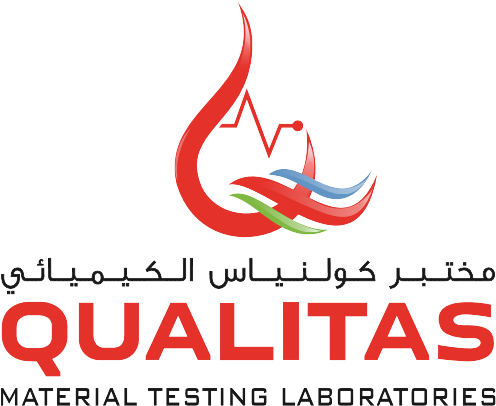Food safety and quality are paramount in the United Arab Emirates (UAE). A diverse population with varying dietary preferences and a thriving food industry necessitate stringent regulations to protect public health. The UAE has established robust regulatory frameworks and standards for every food testing laboratory in UAE to ensure that food products are safe for consumption.

The UAE’s food testing regulations are primarily governed by the UAE Food Code, which is based on international standards such as the Codex Alimentarius and the Gulf Standards. The UAE Food Code sets comprehensive guidelines and requirements for food safety management systems, food handling, storage, transportation, labeling, and hygiene practices. It also mandates regular food testing to ensure food products comply with established standards.
One of the key aspects of food testing regulations in the UAE is microbiological testing. Microbiological testing is also involved in A Cosmetics testing laboratory in UAE, which involves the analysis of food products for the presence of harmful microorganisms such as bacteria, yeast, and mold.
A food testing lab conducts microbiological testing to detect potential pathogens that can cause foodborne illnesses, such as Salmonella, Listeria, and E. coli. These tests help prevent the distribution of contaminated food products and protect consumers from foodborne diseases.
Chemical testing :
Chemical testing is another crucial aspect of food testing regulations in the UAE. It involves the analysis of food products for the presence of chemical contaminants, such as pesticides, heavy metals, and food additives.
UAE food testing laboratories conduct extensive chemical testing to ensure that food products do not exceed permissible limits for these contaminants, as they can pose serious health risks to consumers. This includes testing locally produced and imported food products to ensure compliance with UAE regulations.
Nutritional testing is also an important component of food testing regulations in the UAE. It involves the analysis of food products for their nutrient content, including vitamins, minerals, and macronutrients. Nutritional information label on food products in the UAE as per the UAE Food Code. Food testing laboratories play a crucial role in verifying the accuracy of nutritional labeling. This ensures that consumers have access to reliable information about the nutritional value of their food products.
A Food testing lab must adhere to strict accreditation standards to ensure the accuracy and reliability of their test results. The Emirates National Accreditation System (ENAS) is the national accreditation body in the UAE that oversees the accreditation of food testing laboratories and Lube Oil Testing In UAE as well.
ENAS
ENAS provides accreditation based on internationally recognized standards such as ISO/IEC 17025. Which sets out requirements for the competence and impartiality of testing laboratories. Accredited food testing laboratories in the UAE are regularly audited to ensure compliance with these standards and maintain their accreditation status.
In addition to regulatory compliance, a food testing lab also plays a vital role in supporting businesses. To maintain quality control and meet customer expectations. Further, By conducting comprehensive food testing, these laboratories help businesses identify potential hazards in their food products. Implement appropriate corrective measures, and maintain the highest food safety and quality standards.
This, in turn, enhances the reputation of businesses and promotes consumer confidence in the safety and quality of food products available in the UAE market.
In conclusion, food testing regulations in the UAE are stringent and comprehensive. Aimed at ensuring food safety and quality for consumers. Food testing laboratories in the UAE play a critical role in upholding these regulations. By conducting microbiological, chemical, and nutritional testing of food products. Further, they must adhere to accreditation standards to ensure the accuracy and reliability of their test results. By supporting regulatory compliance and quality control efforts of businesses. Further, Food testing laboratories safeguard public health, promote consumer confidence, and maintain the UAE’s reputation. As a safe and reliable destination for food products.
